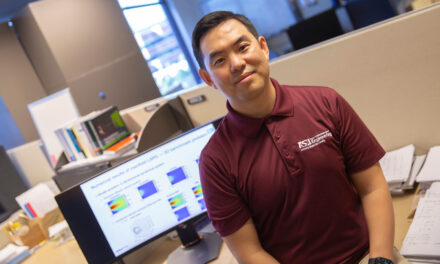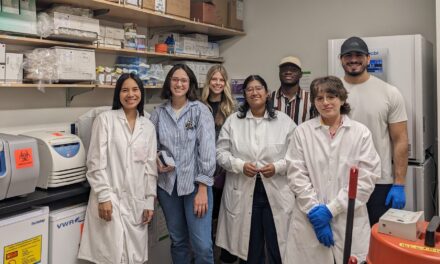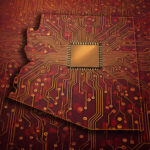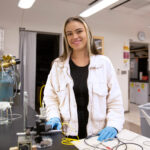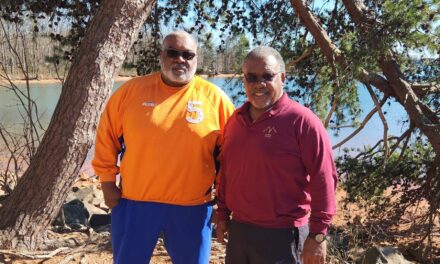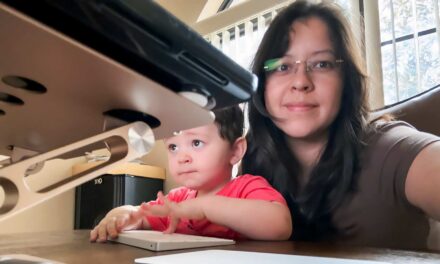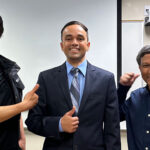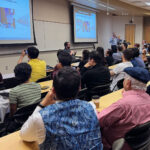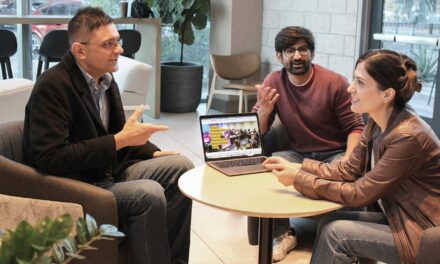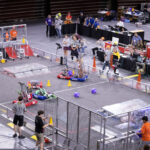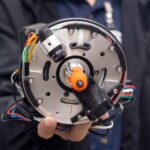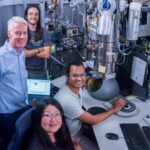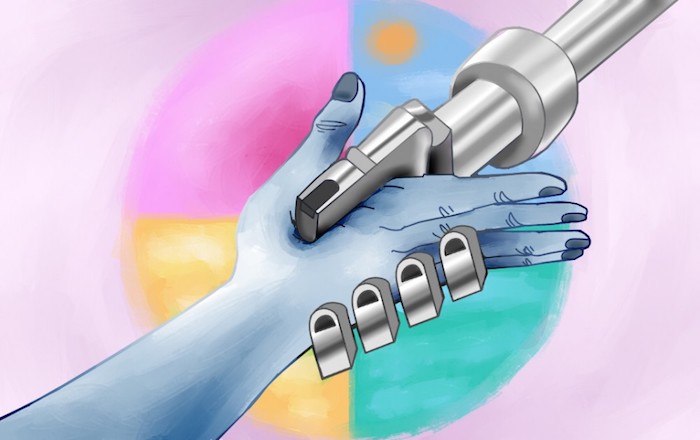
Neural-enabled prosthetic hand helps amputees feel again
Among the latest advances in prosthetics is a system that uses a neural implant to enable the brain and an advanced prosthetic hand to provide users with sensations of touch. The achievement is the result of a multi-institutional research project that included contributions from a team at ASU led by James Abbas, a Fulton Schools associate professor of biomedical engineering and the director of the Center for Adaptive Neural Systems. Abbas hopes the technology will eventually be adapted for people with lower limb amputations and double amputations.
See Also: New prosthetic hand provides the actual sensation of touch, Machine Design, November 27


